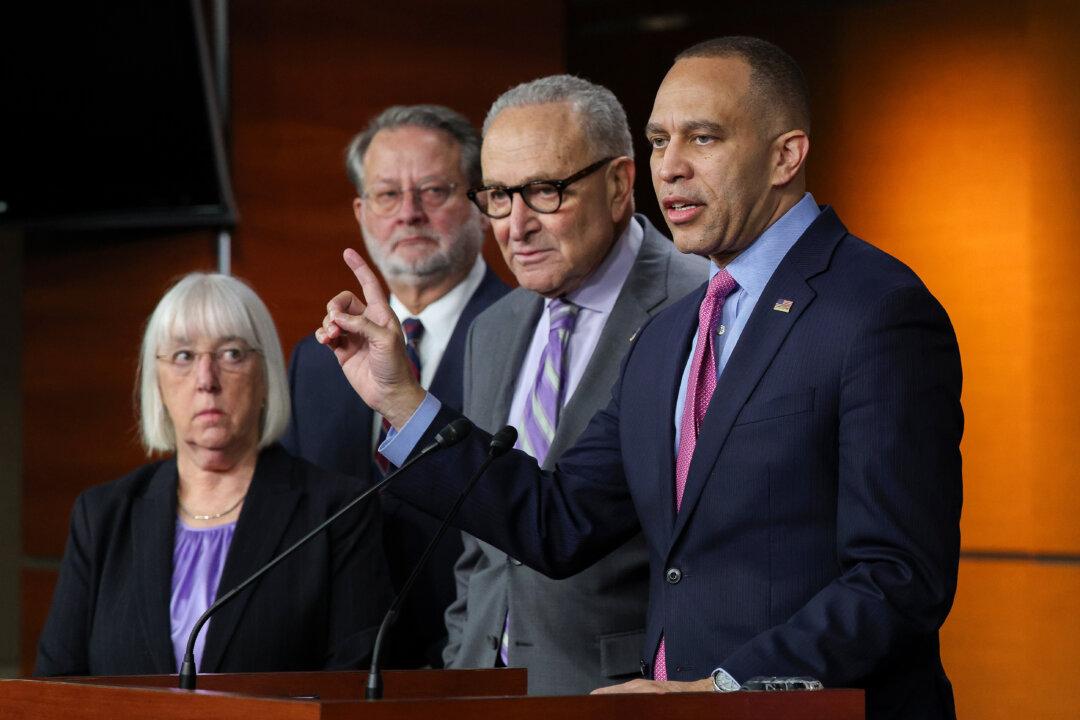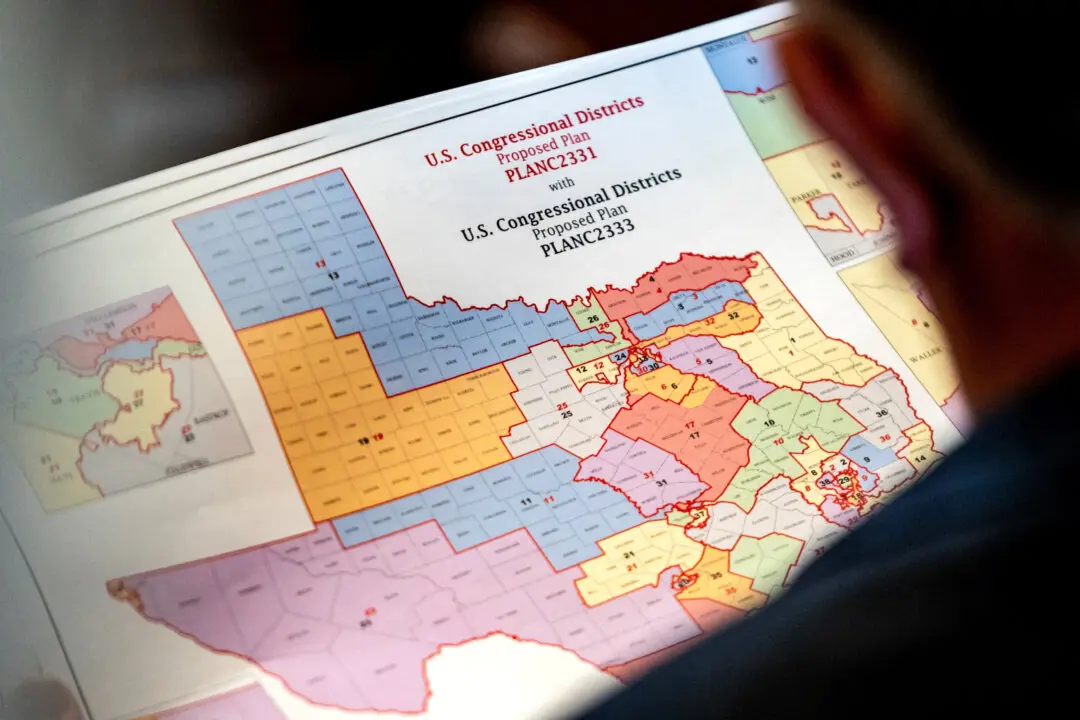House Speaker Mike Johnson (R-La.) threw his support behind a controversial new law in his home state of Louisiana this week that mandates that the Ten Commandments be prominently displayed at all public schools and colleges.
“I’m supportive of it, yeah,” Mr. Johnson told reporters on June 26, according to The Hill. “And I think it should pass court muster. I think there’s a number of states trying to look to do the same thing, and I don’t think it’s offensive in any way. I think it’s a positive thing.”





